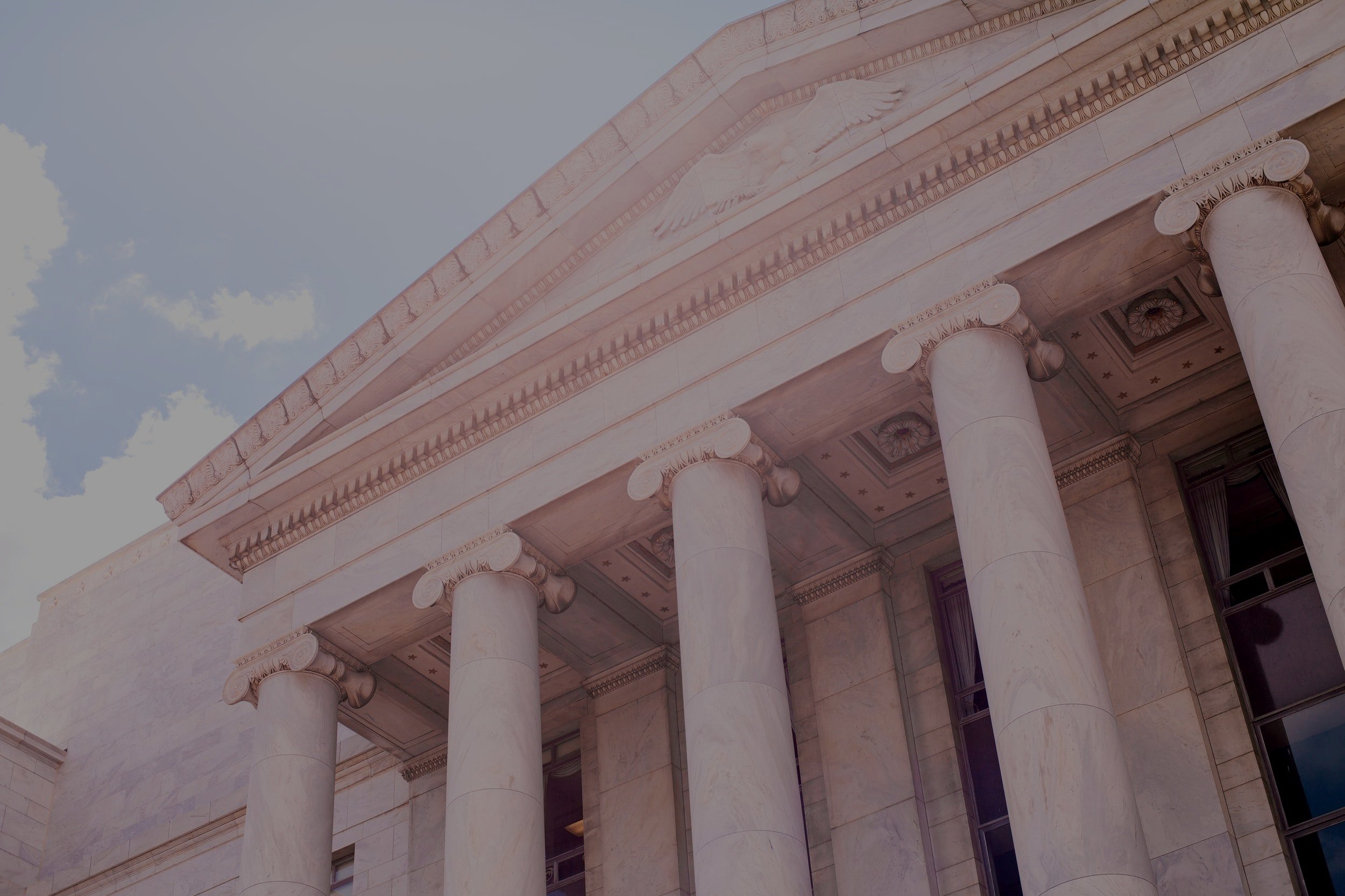
About the Model Ordinance
Local governments can use this model law to prohibit Amazon from selling or providing surveillance products, including Ring, to local agencies.
It is critical that you carefully review and edit the model ordinance to reflect your community’s circumstances. Not every section will apply to every town and city. For instance, some states control the police department rather than the local government, leaving local officials less power to change police tactics.11 Each section can be easily modified to speak to your local political priorities and legal systems, removing any content that doesn’t apply to, or resonate with, you and your community.
11 See 4 Md. Code of Pub. Laws, § 16-2.
Ordinance Contents
The introduction lays out why this ordinance is necessary.
Including:
Ring provides subsidized products to local governments.
Ring shares video with police.
Ring collects data that hackers target.
Police often enter agreements with Ring without city council or public involvement.
Ring is adverse to civil liberties and civil rights.
Ring may violate local law.
Ring’s parent, Amazon, faces allegations of anti-competitive behavior and abusive working conditions.
Ring is used to surveil protests.
Ring enables discrimination against BIPOC residents.
Ring causes over-policing by involving authorities in minor disputes.
Section 1 names the ordinance.
Section 2 defines the key terms.
Section 3 cancels Ring, and similar surveillance technology, contracts between the local government and Amazon.
Section 4 bans future agreements for surveillance technology.
Section 5 establishes remedies.
Including:
The right to sue.
Protections for whistleblowers.
Excluding illegal evidence from trial.
Destroying illegally obtained data.
Voiding conflicting agreements.
Section 6 sets the effective date.


